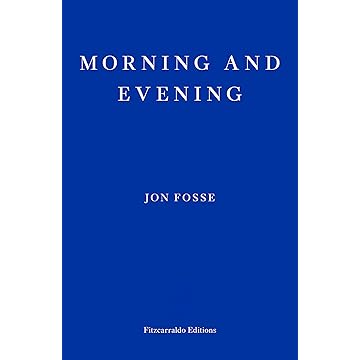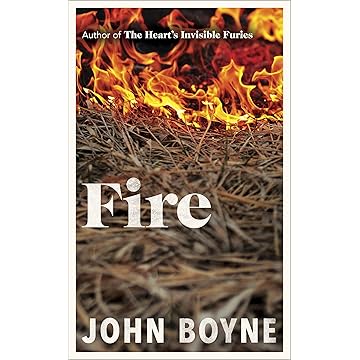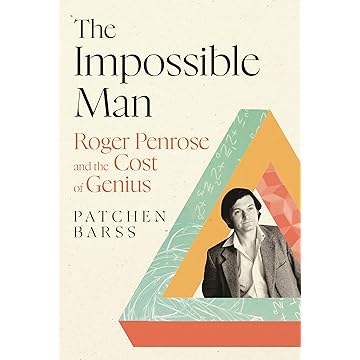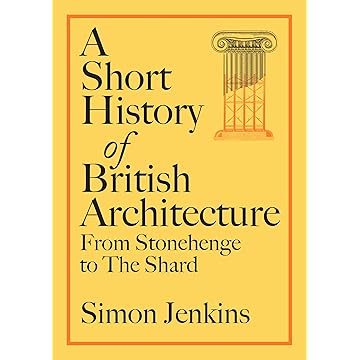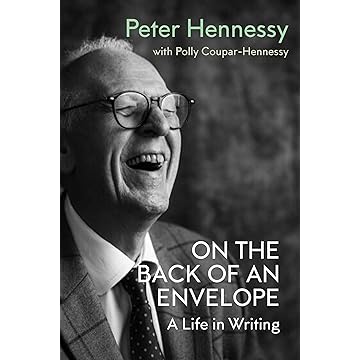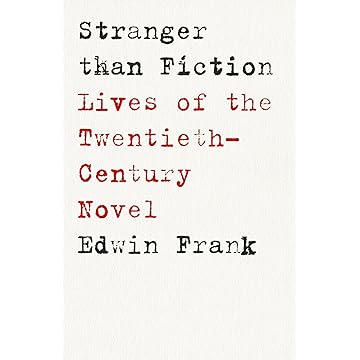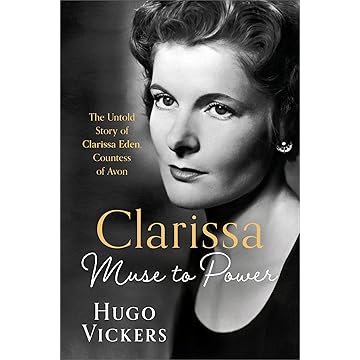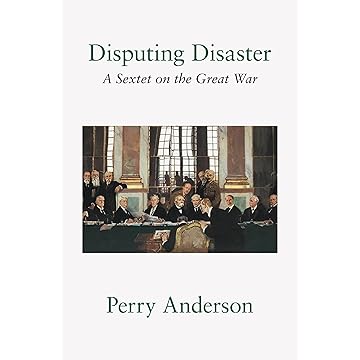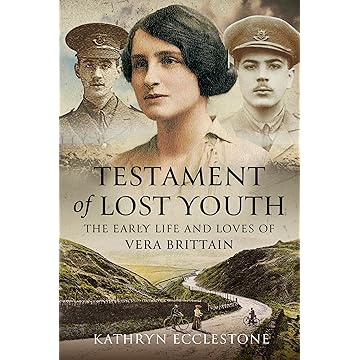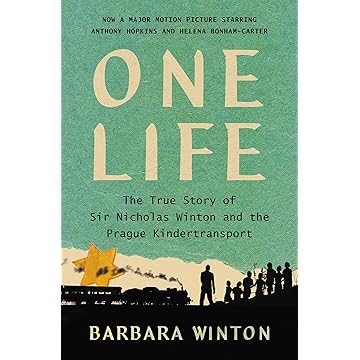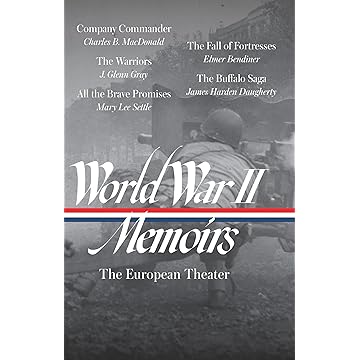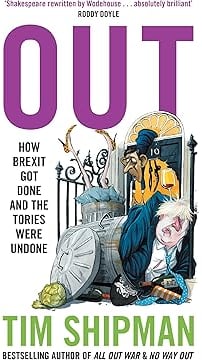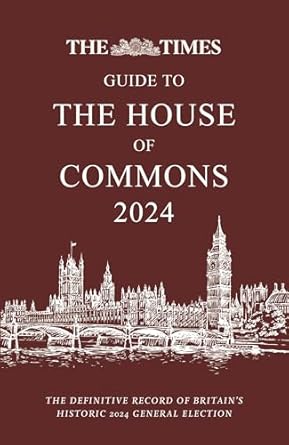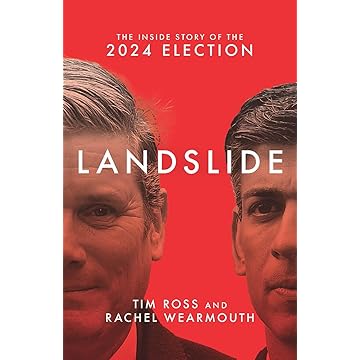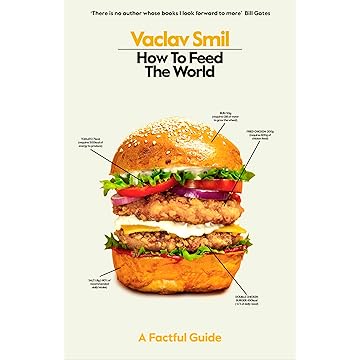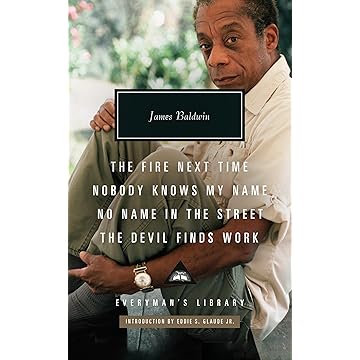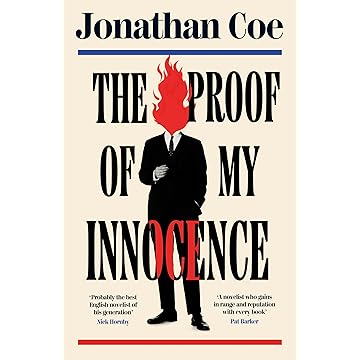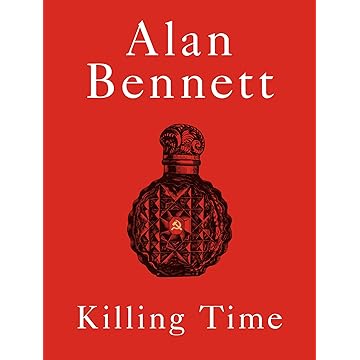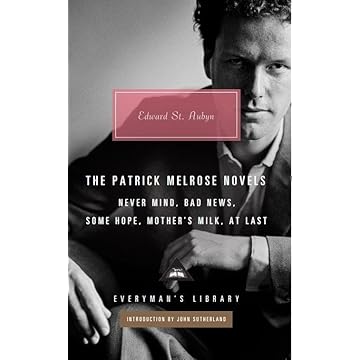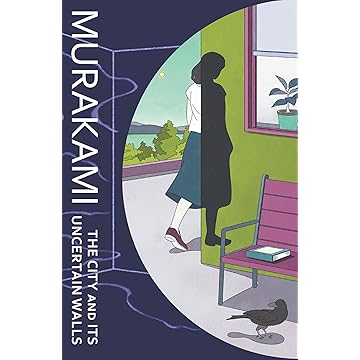November 2024 - Twenty New Releases
Article
Stephen
10/27/202410 min read
October is the month in which the most new books are published. Each year there is one day labelled "Super Thursday" on which far more books are launched into the world by UK publishers than on any other.
It was October 10th this year and some 1900 were published, including over 450 hardbacks. This date is considered the optimum one for tapping into the lucrative Christmas gift market and it thus makes sense to publish the big celebrity memoirs, cookbooks and most anticipated popular fiction on or around this date.
But for those of us who are not so interested in reading blockbusters, November is often in fact the best month for new releases. So I thought I would write a short piece for you setting out the twenty new releases I am most anticipating in November 2024.
Apologies that all the fiction here is by male writers. These are simply the books that happen to appeal to most to me personally right now.
Fiction
Morning and Evening by Jon Fosse
The Norwegian writer and playwright Jon Fosse won the Nobel Prize for literature in 2023. He is published in the UK by Fitzcarraldo Editions who are steadily bringing out all his major works in translations by Damion Searls. This one is very short, so may be a good vehicle for beginning to explore his work. It is a whole-life novella, taking the central character through from birth to death. I always enjoy those kind of books.
Fire by John Boyne
Another short novel, from a wonderful Irish author who generally writes at length and is always worth reading. This one is about a surgeon who is financially very successful but is haunted by a traumatic incident from her childhood. It is billed as being an exploration of whether nature or nurture play the biggest role in determining how a child develops into an adult. It looks interesting.
The City and Its Uncertain Walls by Haruki Murakami
So many people who I like and very much respect rave to me about the work of the Japanese writer Murakami. I have yet to read him, but must one day soon. This latest English language release, translated by Philip Gabriel, looks interesting but is big at 450+pages so may not be the best place to start. It also has fantastical elements which never generally appeal to me. This novel though is a love story which culminates in a 'dream library', so might just engage.
The Patrick Melrose Novels by Edward St Aubyn
These are now considered classics - a series of five short novels - that I once started reading but did not persist with. Maybe their publication this month in a sumptuous new Everyman Classics hardcover edition will provide the incentive I need to get back to them? It may just.
Killing Time by Alan Bennett
Alan Bennett is always worth reading, even when he infuriates in the usual slightly smuggy North London fashion. I have never not enjoyed any of his books or plays and find they stay with me in my heart as well as my head. This little novel is set in an old people's home during the Covid pandemic and promises, like all Alan B's work, to have its readers, laughing, crying and cheering all at the same time. I will definitely be reading this one soon.
The Proof of My Innocence by Jonathan Coe
Jonathan Coe is another British novelist who I always enjoy reading. He is consistently thought-provoking and amusing. I also went to school with him, although he was a few years ahead of me. Of course I just loved his book 'The Rotter's Club', which can hardly even be described as being a thinly veiled fictional account of life in the school to which he and I both owe so much. This one combines social and political satire with a murder mystery and is set during the six months that Liz Truss was Prime Minister. Looks highly likely to be one that floats my boat.
Non Fiction
The Fire Next Time; Nobody Knows My Name; No Name In The Street; The Devil Finds Work by James Baldwin
The other new Everyman Classics edition that caught my eye this November is this little collection of short works of non-fiction by the great American twentieth century novelist James Baldwin. These four extended essays cover Civil Rights, the movie industry and US cultural history of the 1960s and 1970s.
How to Feed the World: A Factful Guide by Vaclav Smil
The Czech-Canadian scientist turned science writer, Vaclav Smil, is always always worth reading. He writes about big contemporary developments in engineering, energy production and other industries with terrific readability, while also justifying all his points rigorously with reference to authoritative data and top-notch research. I always learn loads from his books. This one is about food production and the food industry. It is sure to be informative, thought-provoking and engaging like all his others.
Landslide: The inside story of the 2024 election by Tim Ross and Rachel Wearmouth.
A first draft of history? Books like this are always must-reads for political animals like me. Hopefully the authors' interviewees all talked candidly and openly about what went well for them and what went badly. The 2024 election was astonishing in so many ways, not least in its final result with the winning party securing the most stonking majority while only garnering only a third of the vote on a very low turnout. Heaven knows what will happen in 2028 or 2029 when they will have to defend their position.
The Times Guide to the House of Commons 2024: The definitive record of Britain’s historic 2024 General Election edited by Ian Brunskill.
This one will cover the same broad ground in terms of commentary about the election, but will be - like all the Times election guides - much more a work of reference. Facts and figures will be presented very effectively, with material on the people who now make up our House of Commons - over half of whom were elected for the first time - being a central feature.
Out: How Brexit Got Done & The Tories were Undone by Tim Shipman
This promises to be another huge and fantastically detailed account by the Sunday Times Political Editor, Tim Shipman, about the UK's recent turbulent political history. Another 'first draft of history' which, like its three predecessor volumes, will be meticulously sourced if often to anonymous sources. But you always know with Tim Shipman that they are really senior players and that he will provide a first rate analysis and a very satisfying, if long, reading experience. I will get to this once I have finished volumes Two and Three. Volume One took me several weeks to get through, so it will be some time.
World War II Memoirs: The European Theater edited by Elizabeth D. Samet and Charles B. Macdonald.
A beautiful hardback Library of America offering that stretches to over 1000 pages and brings together five separate World War 2 memoirs written by US veterans. There are maps and loads of explanatory notes. Maybe not one to read straight through from start to finish, but there will be sections that will be very well-worth reading, digesting and pondering over time.
One Life: The True Story of Sir Nicholas Winton and the Prague Kindertransport by Barbara Winton
The other Second World War book being published this month which caught my eye was this account of the life of Sir Nicholas Winton written by his daughter. He was a complete hero, arranging in 1939 for the expatriation to Britain of 669 Czech Jewish children just before the war started. He saved all their lives, but largely keep quiet about his achievement for decades. He lived until the age of 106 and was, later in life, fully and properly recognised for his extraordinarily courageous humanitarian work.
Testament of Lost Youth: The Early Life and Loves of Vera Brittain by Kathryn Ecclestone
Moving now to World War One. I am currently reading and hugely enjoying Vera Brittain's classic memoir 'Testament Of Youth' which deals interestingly but rather briefly with her pre-war life growing up largely in Buxton in a privileged family setting. Being a girl, educational attainment was not so prized, but she pushed and pushed, managing ultimately to get a scholarship to Oxford only to find that the outbreak of war intervened. It is a fascinating and important book. This new biographical account focuses on those early years in her life and promises to give a much fuller account than Vera Brittain was minded to provide in her own memoir.
Disputing Disaster: A Sextet on the Great War by Perry Anderson
Staying with World War One, this is the sort of historiographical book I just love, but that many might find a bit of a yawn possibly. It is about different historical interpretations of the war. Perry Anderson, whose books are always worth reading, here explores the writings of six diverse historians from different countries. The focus is on the run up to the war, and the various ways these events - which led to such an appalling loss of life - have been understood and explained during the past century.
Clarissa: Muse to Power, The Untold Story of Clarissa Eden, Countess of Avon by Hugo Vickers.
I always wince slightly when an author claims to be telling 'an untold story', as this usually turns out to be an exaggeration. But the books are typically worth reading in any event. Clarissa Eden (who was Winston Churchill's niece and Anthony Eden's second wife) has always interested me. She died aged 101 in 2021 and was one of those high society, bohemian types who knew just about anyone worth knowing in Britain during the last century. I read her autobiography a while ago and was curious to read about her friendship with Pamela Churchill Harriman in Sonia Purnell's recent biography entitled 'The Kingmaker'. This will be well worth reading too I am sure.
The Impossible Man: Roger Penrose and the Cost of Genius by Patchen Barss
Another apparently revealing biography of a significant figure. I cannot pretend to have a huge interest in physics - or any interest really. This quotation from Roger Penrose's page on Wikipedia baffles me as much as it bores me quite frankly:
The Penrose Interpretation predicts the relationship between quantum mechanics and general relativity, and proposes that a quantum state remains in superposition until the difference of space-time curvature attains a significant level.
I am more than prepared to accept that his scientific contribution is of superlative importance, but it is not for the physics that I am interested in reading this book. It is the life, and particularly the sacrifices made by the close family and friends of people with prodigious intellectual gifts that interest me. Roger Penrose won a Nobel Prize, but at some personal cost.
A Short History of British Architecture: From Stonehenge to the Shard by Simon Jenkins
Simon Jenkins used to edit the Times. I am delighted he gave that up and started devoting more of his time to writing books. This is the latest of his short histories, and is one which dovetails beautifully with his bigger and more lavishly illustrated books on our great houses, churches and cathedrals. It will no doubt manage to be authoritative, thoughtful, concise, very well-written and full of interest. Simon Jenkins is always well worth reading.
On the Back of an Envelope: A Life in Writing by Peter Hennessy
Another of my absolute favourite writers. A wonderful contemporary historian who I have been reading all my adult life and always enjoy. His autobiography entitled 'Distilling the Frenzy' was published a few years ago and was most engaging and interesting. I am little less excited about this one as it is, I think, a collection of his journalism. Stuff written to deadlines, even if it is by one so eminent and well-informed - is never quite as interesting as 'proper history'. But I will enjoy dipping in and out nonetheless. I also love the picture on the front cover.
Stranger Than Fiction: Lives of the Twentieth-Century Novel by Edwin Frank
This kind of book always excites me, largely because after nearly six decades of reading pretty voraciously, I remain woefully badly read when it comes to twentieth century classics. I have a vast amount of catching to do, and I find that works of literary journalism and criticism are great for drawing my attention as to where to prioritise my efforts. Edwin Frank publishes the New York Review of Books, and here apparently, enthuses about the greatest literature of the twentieth century, taking a resolutely global perspective. I will definitely be reading this pretty soon.
